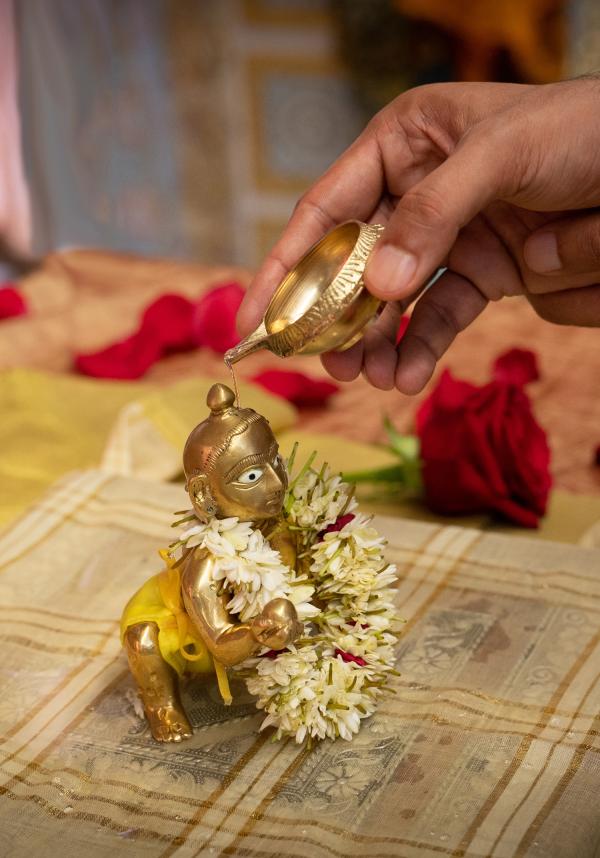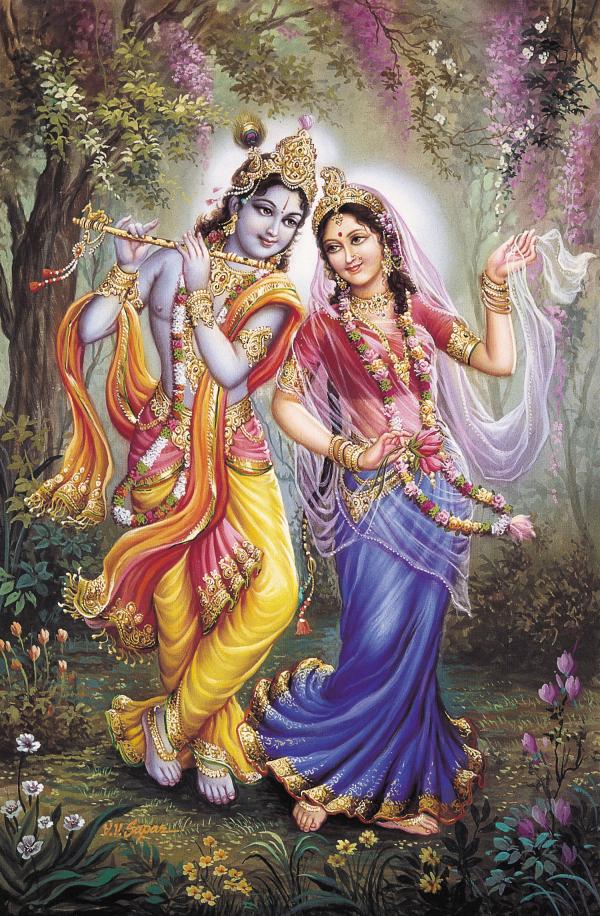Hinduism
Hinduism is one of the oldest religions in the world, it has existed for thousands of years and is based on rich religious traditions.
The central teaching of Hinduism is that the basic nature of man is not limited to the body or mind. Above them is the soul, and above the soul is God. India has never converted or suppressed other religions.
It is a culture, a way of life and a code of conduct. This is reflected in the term Sanatana Dharma, which means eternal faith or the eternal way of things (truth).
Brahma is a Hindu god, referred to as the "Creator" of the trinity of supreme divinity that includes Vishnu and Shiva. It is associated with creation, knowledge, and the Vedas. Brahma is specifically mentioned in the creation scriptures.
God is one but in two forms, unlimited personal and unlimited impersonal form. He is worshiped in many different personal forms depending on the person seeking. To clarify, each god form represents specific qualities that the seeker desires to experience.
Radha Krishna are the divine, eternal couple, the highest form of God in Hinduism. Radha and Krishna are inseparable and together they symbolize the ultimate union of the soul with the divine. Radha is both the one who worships Krishna and the one who is worshipped by Krishna, highlighting their reciprocal devotion and divine relationship.
According to Jagadguru Shri Kripalu Ji Maharaj, Radha Krishna represents the highest form of divine love and bliss. Shri Radha is considered the embodiment of Mahabhava, the highest state of divine love, while Shri Krishna is seen as the Supreme Rasika, the treasure trove of all divine rasas (flavors of divine love).
Shri Kripalu Ji Maharaj taught that the love between Radha and Krishna exemplifies the highest form of Bhakti, which is unconditional and selfless. Devotees are encouraged to cultivate this type of love towards God, free from any desires or expectations.
Shri Gaurang Mahaprabhu says that Radha and Krishn are externally two and eternally one. So you shouldn’t use your intellect to differentiate between Radha and Krishna.
Read more in: Who is Shri Radha
The Vedas formed the Indian script. The ideas and practices of the Vedic religion are codified by the Vedas. The Vedas designate and show the direct path to God himself. This is what makes Hindu philosophy/religion different from all other religions in the world.



